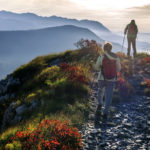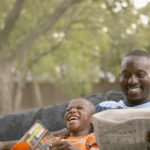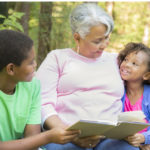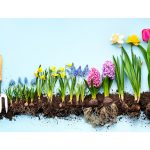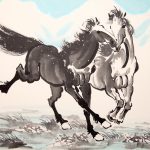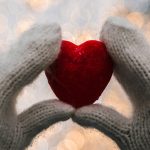The Legacy Of Immigration
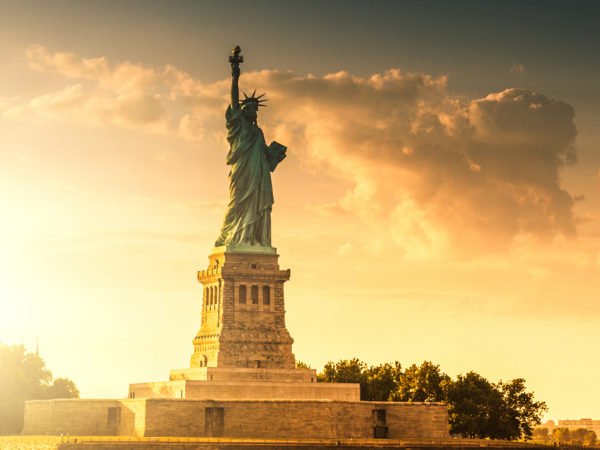
Not long ago I witnessed a citizenship ceremony: American and Minnesota flags waving proudly as 174 new citizens from 51 countries were marched in by local fire and police; were welcomed by our local mayor, and a state judge administering the oath of allegiance. The judge shared when and from where his own grandparents arrived and became citizens, noting that we all (except for our Native Peoples) have unique stories and that each of their naturalization stories of today must be preserved for their children and grandchildren.
“The story of my life is always embedded in those communities from which I derive my identity. I am born with a past. What I am, therefore, is in key part what I inherit, a specific past that is present to some degree in my present. I find myself part of history and that is generally to say, whether I like it or not, whether I recognize it or not, one of the bearers of a tradition.”
-Alasdair Chalmers MacIntyre
As they swore their allegiance to America and gave up allegiance to their native country, he reminded them that that did not mean giving up their histories and heritage from their native lands. He told them that beyond “their” families “we” are all enriched when they continue to celebrate and teach their young their native traditions, sing their songs, dance their dances, speak their languages, and prepare their foods: That diversity has been the strength of America and will continue to be.
He concluded that their rights, protections, and responsibilities of being Americans – from this moment going forward – are the same rights, protections, and responsibilities as Americans born here. Amid the tumultuous applause from families, friends, and witnesses, the ceremony closed with the beautiful singing of “America the Beautiful.”
As I walked home through the park, I was uplifted and hopeful again. There is goodness in our world; there is respect for diversity and the promise of human dignity and freedom. I wish all of you reading this today could have been sitting with me at this amazing ceremony – feeling humility and pride in the promise of America as we face the realities of our troubled times.
Although we are living in a world in which conversation has become social media, in which families who sat by the fire on cold winter evenings passing forward family history, stories, and values – the legacy of oral tradition – are no more, there are still naturalization ceremonies taking place all over our land. There is the energy of the love of freedom, of the promises that America still provides. What Emma Lazarus, descendant of immigrants, wrote in 1883, to be engraved on the base of the new Statue of Liberty, is as meaningful in 2019 as at the turn of the 20th century:
“Give me your tired, your poor,
Your huddled masses
Yearning to be free . . . .”
Taking Action:
- If you are a naturalized American citizen, make time to reflect and write your story of emigrating–immigrating and becoming an American citizen – to celebrate it for yourself, and to pass it on to future generations.
- If there are people in your family who know your ancestors’ immigration stories, have conversations with them, and record this part of your family history as a part of your legacy for younger generations.
- Reach beyond your comfort level to communicate with someone different from you. Share how you got “here” wherever that is, and ask them to share their story with you.
- Please don’t take America for granted – think about your own and others’ immigrations. Talk about it with others; learn about it from others. Do what you can to protect America’s freedoms for all people. Most important, don’t turn your back on this powerful legacy that affects all of us.
“May you experience the blessing of your immigration history and pass it forward as a powerful part of your legacy.”
– Rachael Freed
This 2019 Tips & Tools is dedicated to remembering the 907 Jewish refugees seeking asylum, who sailed the SS St. Louis from Hamburg and were refused entry to Cuba and the US, although they carried legal visas. Most died at the hands of the Nazis after being returned to Europe in 1939.
Rachael Freed, LICSW, is a senior fellow, Earl E. Bakken Center for Spirituality & Healing, University of Minnesota, and is the author of Your Legacy Matters and Women’s Lives, Women’s Legacies: rachael@life-legacies.com, and www.life-legacies.com.


